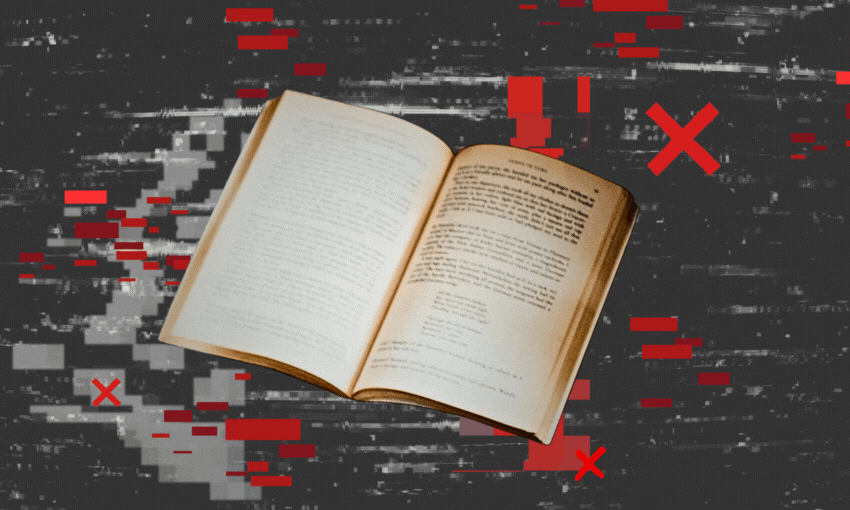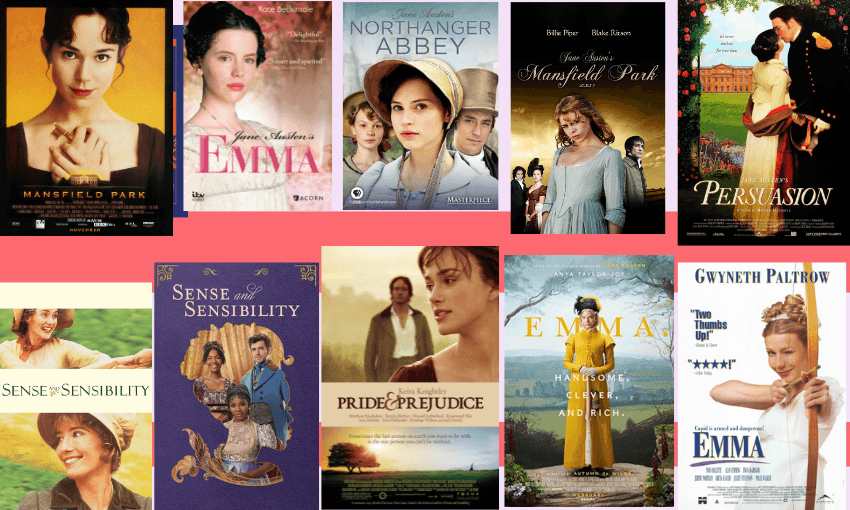Meta has stolen millions of books to train its AI, including books by kaituhi Māori. What does that mean for mātauranga and its status as taonga?
New Zealand authors are among the millions whose books have been pirated and scraped by Meta to train its AI. The New Zealand Society of Authors is condemning the theft of Aotearoa writers’ intellectual property. A statement issued by the NZSA says, “The unsanctioned use of work is legally indefensible, and amoral. For the creative industries of Aotearoa to thrive we need robust copyright law, protections and enforcement mechanisms, and appropriate penalties for infringement.”
But what does this theft mean for mātauranga? Expert on indigenous intellectual property rights Lynell Tuffery Huria (Ngāti Ruanui, Ngāruahinerangi, Ngaa Rauru Kiitahi) says that before we even get into AI and intellectual property we have to address the fact that the copyright system has been set up without regard for a Māori perspective, and doesn’t really take into account how we might treat or deal with kupu Māori or Māori imagery or Māori artworks in a way that’s consistent with te ao Māori view.
“This framework has been lumped on top of our cultural frameworks and introduces rules that are mostly inconsistent with how an indigenous worldview would look after the taonga,” she says. She explains that because the copyright structures are taken from an English perspective, a language that is not viewed as taonga, it has enabled companies to take kupu Māori and use them without consent or regard for the cultural context in which they belong.
“That means there’s an implied obligation on indigenous peoples all over the world to look after their language,” says Huria. In Aotearoa, te reo Māori is recognised as a taonga, which was affirmed by Wai262: the 262th Waitangai Tribunal claim brought by six tūpuna Māori in 1991 that called for the protection of taonga and mātauranga Māori across Aotearoa.
However, because New Zealand has an Intellectual Property framework that allows people to take words and images, and that system doesn’t recognise the status of taonga, these two ideas are in conflict.
The Atlantic’s LibGen machine reveals that te reo Māori learning books such as those by Scotty and Stacey Morrison have been scraped, as have books by authors such as Witi Ihimaera, Ngāhuia te Awekotuku, Becky Manawatu and Moana Jackson. Huria says there are huge concerns around the theft of pukapuka Māori in this way. “They’re not doing this for the fun of it, there’s no altruistic goals here. They’re taking our taonga and repackaging it for profit without consent.”
Huria says the fact that it’s unclear exactly what part of which books Meta have taken to train their AI is a flirtation with the rules, “a sort of subversion of copyright” which is yet to be tested. But the theft still goes to the heart of what was discussed in the Wai262 report in that these books are part of our knowledge systems and they should be protected. “Today it’s Meta, what’s the next product going to be?”
OpenAI’s chatbot, ChatGPT, has been widely discussed in regards to its use of te reo Māori. It is thought that the chatbot scraped the language from sources such as social media and as a result has some competency, though fluent speakers of te reo will be able to detect flaws. There is ongoing discussion on what ChatGPT’s use of te reo means in terms of language sovereignty and biases that the chatbot may impose. However on the subject AI tools and te reo Huria is more optimistic: “There needs to be checks and balances but there is a benefit to these tools in terms of teaching te reo.” She says that while the use of the language is increasing, there’s still challenges out there, particularly in terms of government policies discouraging the use of te reo. “There’s no doubt that these tools do help,” she says, “but that help is still done without regard to the fundamental principles of te ao Māori: It’s just about profit.”
It’s also not a new phenomenon for indigenous peoples, says Huria. “This has been happening since colonisation. Knowledge has been stolen, has been taken at every opportunity and this is just the latest opportunity to take knowledge, repurpose it and gain from it. It’s just faster. We probably don’t even realise the extent at which it’s happening.”
Dr Karaitiana Taiuru (Ngāi Tahu, Ngāti Kahungunu, Ngāti Toa), an expert on Māori data sovereignty, suggests that any authors whose work has been scraped by Meta should engage with their publishers to discuss group action against Meta, perhaps as an international claim for damages. He says there are already many other court cases against Meta for stealing content.
“Any author should be aware of the risks of intellectual property thefts with AI and the lack of legal protections,” he says. “My advice to potential authors of mātauranga is to consider other methods of disseminating mātauranga in a non-published way.”
Taiuru also says publishers must be more proactive about the out of date copyright laws in Aotearoa. That could mean lobbying politicians for change to reflect our AI times. Enabling the recommendations in the Wai262 claim, he says, “would go a long way to protect Māori rights, and in turn this could be used as a platform for all New Zealand rights.”
For more information on taonga Māori and IP and copyright the New Zealand Society of Authors and the Toi Iho Charitable Trust Board have made this webinar publicly available.


